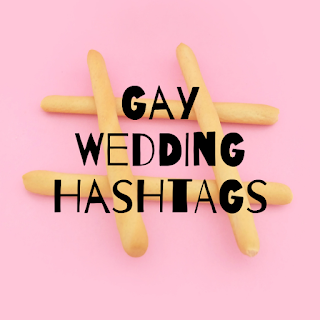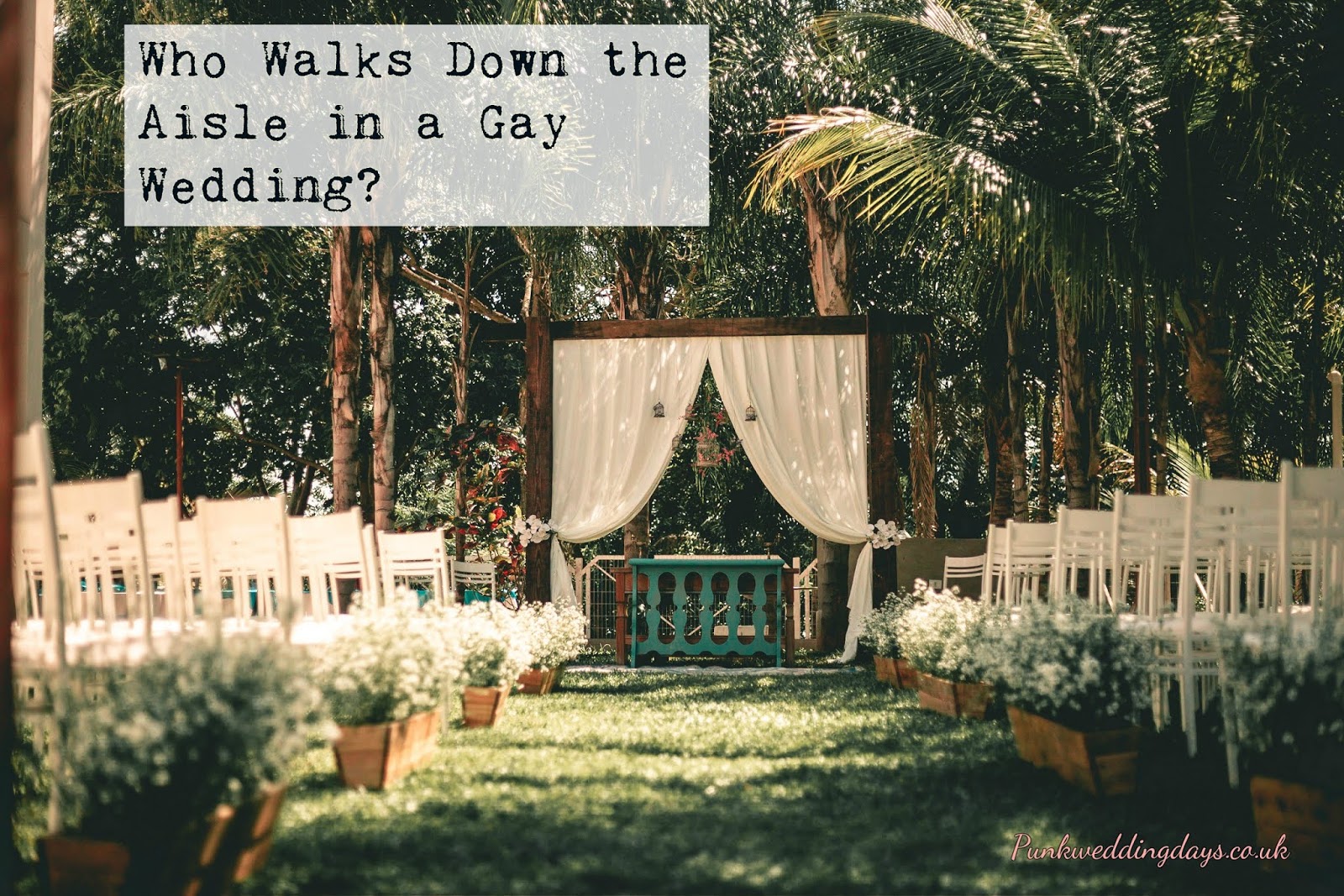What Will Gay Marriage Offer That A Civil Partnership Doesn't?
 |
| By Bob With (Flickr: gays can marry, sf rules) [CC-BY-2.0 (http://creativecommons.org/licenses/by/2.0)], via Wikimedia Commons |
What Is Gay Marriage?
Civil partnerships however, are not being replaced and they will continue to be offered to same-sex couples across the UK. For some however, the road to equality can only ever end in marriage.
The 2004 Civil Partnership Act has already done much of the legwork. The Marriage Act therefore, can be considered the brush stroke of a subtler – but no less important – reform.
Its strength lies in its language. Marriage is, after all, a loaded term and one hardwired into both law and the public consciousness. A civil ceremony might be like a marriage but it isn’t marriage. The entitlements might be almost identical, but the terminology is different. A rose by any other name might still be a rose, but a marriage by any other name is not.
What Will Gay Marriage Change?
In countries where same-sex marriage is already legal, civil partnerships are not recognised to be of equivalent status. At present there are fifteen such countries including, New Zealand, France, Canada and The Netherlands where civil partners are not legally recognised as husbands or wives. This can make permanent or long-term settlement in these areas difficult for British citizens. The reverse of this is also true: the British Government cannot recognise the legal status of foreign same-sex married couples until it accepts the status of its own. From March 29th if you’re wife & wife in the UK then you’re wife & wife in those countries too.
Being forced to distinguish between a marriage and a civil partnership means that many same-sex couples have to declare their sexuality even when they would rather not. This is a particular problem on documents and forms requiring information about an individual’s marital status. Having a civil partnership is often listed separately from marriage and as partnerships are not available to straight couples, it is easy to discover a person’s sexual orientation. This might be something a person has decided against disclosing in their workplace.
So realistically, the detail changes are relatively marginal but they are an important step towards full equality. If you’re about to register for same-sex marriage or are planning your civil ceremony then please visit us at www.pinkweddingdays.co.uk to find inspiration in our wedding directory. Additionally, if you have a venue or service and would like to benefit from advertising with us then please get in touch.








